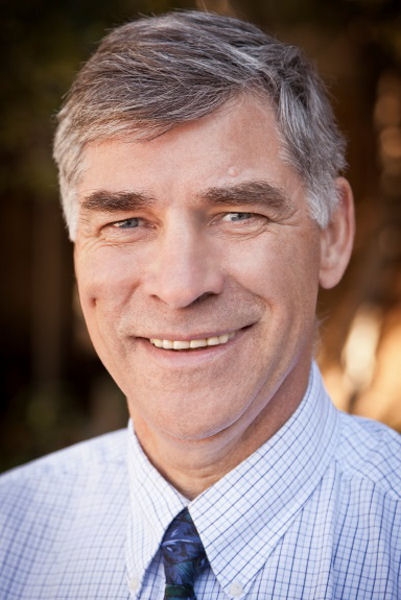
JB Neethling will be the featured speaker during the Water Environment Federation (WEF; Alexandria, Va.)/Association of Environmental Engineering and Science Professors (AEESP; Washington, D.C.) technical session at WEFTEC 2014. Photo courtesy of Neethling, HDR Engineering Inc. (Omaha, Neb.).
With many water resource recovery facilities (WRRFs) experiencing numerous problems on limited budgets, technology could prove the key to finding solutions. During the 18th annual Water Environment Federation (WEF; Alexandria, Va.)/Association of Environmental Engineering and Science Professors (AEESP; Washington, D.C.) technical session at WEFTEC® 2014, JB Neethling will discuss “implementing new technology in a rapidly changing environment.”
“There are many new technologies to reduce cost and improve efficiencies,” Neethling said. “You need to vet these opportunities and assure yourself that they are technically sound. If it sounds too good to be true, perhaps it is,” he added.
During Technical Session 201, scheduled for Sept. 29 from 1:30 to 4:30 p.m., Neethling “will discuss the barriers and promises of implementing new technologies,” as well as “identify successes and provide an assessment of things you can do to limit risk,” he said.
With the rapid release of new technologies, opportunities emerge to reduce capital and operating costs, improve efficiency, and simplify operations. “The challenge is to identify those that can be implemented while balancing the risks and rewards,” according to the WEFTEC paper abstract provided by Neethling.
As public agencies, WRRFs have a responsibility to weigh the costs and benefits of implementing new technology and separating those that are practice-ready from those that are unproven, the abstract says. Taking an emerging technology and putting it into practice requires “vision, knowledge, persistence, and courage,” the abstract says.
“This presentation explores the path forward to plan for and implement new technologies, by building on past experiences,” the abstract says. “As with anything else you invest in, do the homework,” Neethling added.
The lecture, which is awarded to a prominent researcher who has served the profession and WEF, alternates each year between an academic and an industry practitioner. This year Neethling — who has 36 years of experience in the water sector with a focus on various design and planning projects and nutrient-removal design and operations — represents the practitioners. As senior vice president with HDR Engineering Inc. (Omaha, Neb.), Neethling is responsible for evaluating technical solutions to environmental problems by drawing from his academic and research experience to find practical solutions for current challenges.
Neethling’s lecture will be followed by a presentation from Ted Henifin, general manager of Hampton Roads Sanitation District (Virginia Beach, Va.), who will give his thoughts on how utilities can handle both the challenges and opportunities technology present.
— Jennifer Fulcher, WEF Highlights








September 11, 2014
Featured, Learning Opps